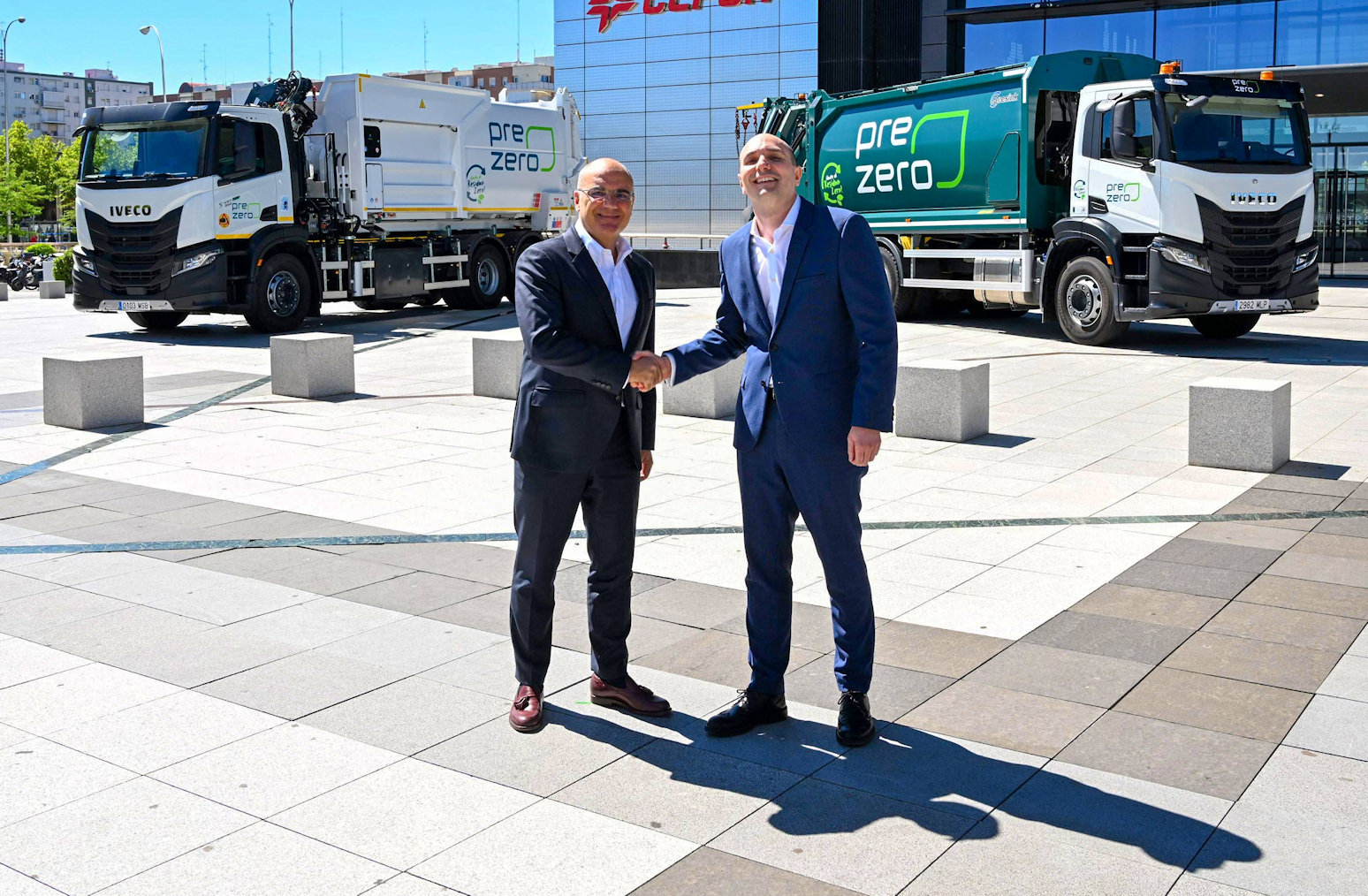
Furthermore, Cepsa and PreZero Spain will work on the recovery of waste to produce second-generation biofuels and circular chemical products and to decarbonize the land fleet operated by PreZero in Spain and Portugal.
Carlos Barrasa, Executive Vice President of Commercial & Clean Energies at Cepsa, said, "This alliance with PreZero will allow us to expand access to circular raw materials to produce alternative energies that will facilitate the energy transition, such as green hydrogen and second-generation biofuels."
Gonzalo Cañete, CEO of PreZero in Spain and Portugal, added, "This agreement stems from the enormous potential in Spain for the development of biomethane as a renewably-sourced natural gas, as well as from the need to align ourselves with other EU countries in meeting circular economy and decarbonization objectives."
Both companies are already making progress in the development of a biomethane plant in the province of Huelva. This new facility with an annual capacity of up to 100 GWh, which would cover the heating needs of around 20,000 homes, will be one of the largest installations of this renewable energy in Spain and will be used to produce green hydrogen and renewable fuels. The plant will be built at Cepsa's facilities in Palos de la Frontera, where the company has an Energy Park and is already building the largest 2G biofuels plant in southern Europe to produce sustainable aviation fuel (SAF) and renewable diesel.
It also plans to develop a green hydrogen plant with a 1 GW capacity, as part of the Andalusian Green Hydrogen Valley, at the Energy Park, where it also has a chemical plant.
In addition, PreZero—which in 2023 produced 75% of all biomethane generated in Spain—will provide Cepsa with this renewable gas, on a preferential basis, in the projects that PreZero and Cepsa identify as strategic for both parties, allowing the energy company and its customers to decarbonize their industrial processes.
During its lifecycle, this renewable gas can reduce CO2 emissions by up to 90% compared to natural gas and has the same characteristics as the latter, which means that it can be stored or fed into the current gas transport network without the need to develop new infrastructure. The agreement will also allow Cepsa to obtain biogenic CO2 from PreZero Spain's biomethane plants to produce synthetic fuels.
As part of this partnership, PreZero will recover other organic waste or used cooking oils for Cepsa to use in producing second-generation biofuels, which will facilitate the immediate decarbonization of sectors that are difficult to electrify, such as heavy road, maritime or air transport.
PreZero will also treat plastic waste, including from single-use plastics, to supply Cepsa with the raw material which the energy company can then use to develop circular chemical products. Both companies will analyze the joint development of pyrolysis plants to process this type of non-recyclable plastic waste.
In addition, Cepsa will research solutions designed to decarbonize PreZero's private fleet by supplying biofuels or electric recharging, among other initiatives.

